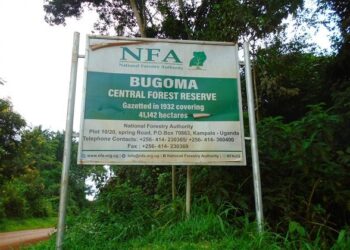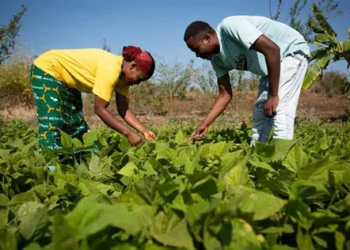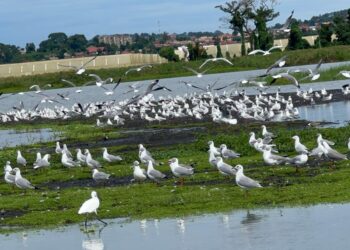OPINION
The East African crude oil pipeline(EACOP) is one of the largest and most controversial fossil fuel projects currently under development and it is expected to be longest crude pipeline in the world. The project covers over 1443km, stretching from the oil fields of western Uganda to Port Tanga in eastern Tanzania. In Uganda, the pipeline will traverse through ten districts, 25 sub counties and 178 villages in Uganda. This poses far reaching consequences as it’s estimated to generate 379 million tonnes of carbon-dioxide, more than 25 times Uganda’s annual emissions further worsening global climate change. Compensation and environmental concerns remain widespread; under evaluation of property, coercion of affected people into signing agreements without prior civic education, delayed payment or inadequate payments, government court cases against households that rejected low compensation, and in some cases eviction before payment. All these significantly contribute to day-to-day protests against EACOP projects.
The pipe line is planned to traverse some of the Africa’s most sensitive ecosystems including the Murchison falls national park which is a habitat for elephants, chimpanzees and many other species. Risks of pipeline raptures, poor waste management, and other pollution could cause severe damage to land, water, air, and the species that rely on them. Reports shows that the project initial land acquisition has already displaced and devastated thousands of people’s livelihoods in Uganda. Economically, the country’s economy is at risk since the government is over borrowing in anticipation of oil revenues, while national oil company (UNOC) alone requires $213 million to participate EACOP. This unregulated borrowing further increases the national debt burden, raising doubts about whether oil will deliver the promised prosperity.
Natural forests such as Taala and Wambabya critical for biodiversity conservation and climate regulation will be affected. As if that’s not enough, the agriculture sector which employs more than 70% of the country’s labor force faces serious threats as large swathes of land are acquired for the project. Environmental risks such as oil spills, water pollution and contamination threaten lakes, rivers and wetlands which not only serves as water catchment areas but also provides water to more than 45 million people.
The pipeline has displaced thousands of people threatening their livelihoods and cultural heritage. More so, the unfair and inadequate compensation take four to five years. Payments have allegedly further excluded women from control and access, deepening gender inequality. These delays have not only weakened food security but also forced families into selling their assets and unnecessary borrowing leaving many poorer and living in constant uncertainty.
I, therefore suggest an alternative that the Government of Uganda should take to safeguard both the environment and the economy. Greater investment should be directed into agriculture and fisheries to enhance food security and drive economic growth. Tourism and travel industry, which are already major contributors to the economy and job creation should equally be expanded. Furthermore, the government should invest in renewable energy initiatives such as solar energy, wind energy for job creation, reduce on pollution and ensures a healthier environment with cleaner air. Globally countries reached a land mark agreement at the UN climate conference (cop29) to beginning transiting away from fossil fuels and towards renewable energy, with new net zero policies aimed at accelerating low carbon development. If the countries are to comply with this agreement and avert the climate crisis there cannot be any new expansion of coal, oil and gas production.
By Gumisiriza Modern,
The Writer is the Executive director of Youth For Nature Conservancy-YNC
Moderngumisiriza96@gmail.com








































